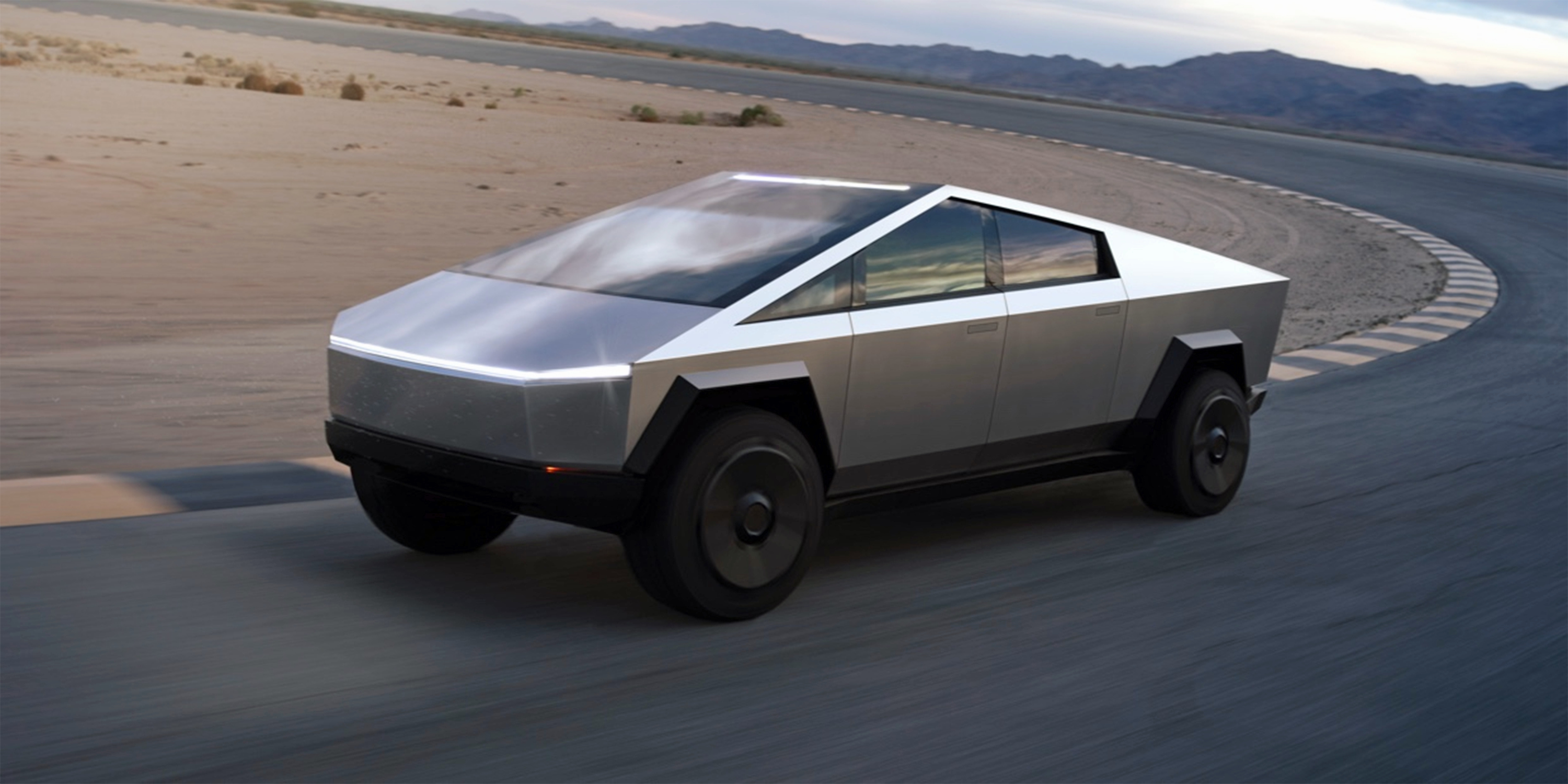
Tesla
- Tesla’s Cybertruck could hit the road as early as this year, Tesla CEO Elon Musk said Wednesday.
- On a conference call, Musk said the truck’s design is complete.
- “If we get lucky, we’ll be able to do a few deliveries toward the end of this year, but I expect volume production to be in 2022,” he said.
- Visit Business Insider’s homepage for more stories.
Tesla’s controversial Cybertruck could hit streets as soon as this year -but don’t count on it.
Elon Musk, the carmaker’s CEO, said on an earnings call with investors Wednesday that the the electric pickup’s design and engineering are complete, and that Tesla will start building out manufacturing capacity for it soon.
“We’re no longer iterating at the design center level…We’ve got the designs fixed,” Musk said. “We’ll soon order the equipment necessary to make the Cybertruck.”
Tesla will use an 8,000-ton casting machine for the pickup’s rear body, as opposed to the 6,000-ton press it uses for the Model Y, Musk said. Tesla plans to manufacture the Cybertruck at its Austin, Texas factory, which is currently being built and will be operational sometime this year, the automaker said in its fourth-quarter 2020 earnings report.
Musk teased the prospect of a Tesla pickup truck for years before the Cybertruck made its debut in November 2019. On Wednesday, Musk said the truck may enter very limited production this year, with full-scale production ramping up in 2022.
"I think it's going to be an incredible vehicle," Musk said. "If we get lucky, we'll be able to do a few deliveries toward the end of this year, but I expect volume production to be in 2022."
But Musk has failed to deliver on aggressive vehicle timelines before; the Model X arrived two years late, and we're still waiting for the Roadster and Semi. On the call, Musk acknowledged that showing off concepts is light work compared with manufacturing new vehicles at scale.
"Prototypes are easy, scaling production is very hard," he said.
